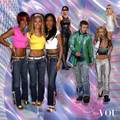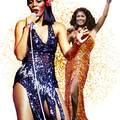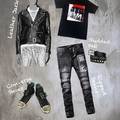What is Punk?
Punk is more than just a genre of music or fashion statement but a complex term that describes a lifestyle and forms of music, fashion styles, art, and even politics.
Punk emerged in the mid-1970s as a response to societal norms, in a profound statement of defiance, individuality, and a yearning for authenticity in an ever-conforming world.
Initially, the term 'punk' was used in a derogatory way - a criminal or troublemaker - and was later repurposed to convey a 'counter' subculture that reveled in its outsider status.
[caption id="attachment_71124" align="aligncenter" width="1000"]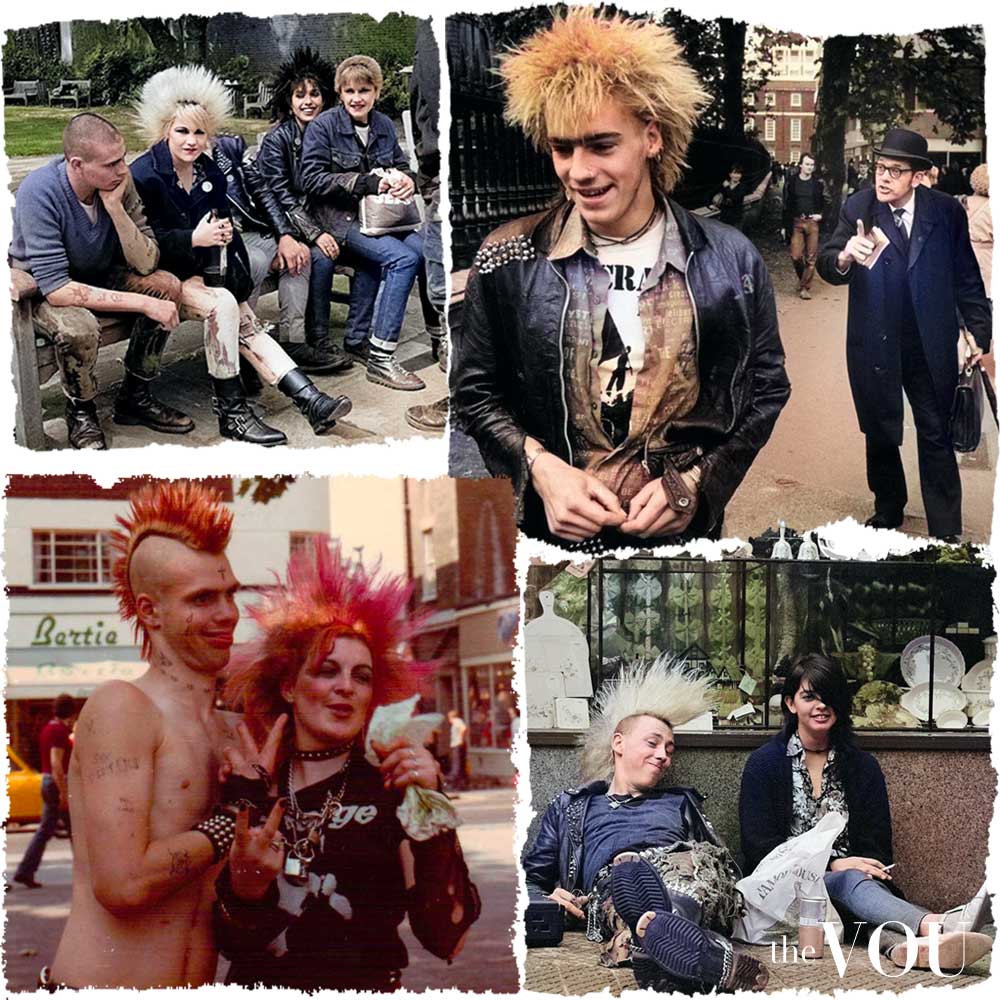 Punk Subculture in the 70s[/caption]
Punk Subculture in the 70s[/caption]
The Origin and Evolution of Punk
The origin of Punk is deeply rooted in the 1960s societal turmoil and growing dissatisfaction with mainstream music, perceived as overly polished and detached from youth's daily life and experiences.
The Punk movement can be traced back to the 1960s garage rock scene, where music bands striving for a raw and simplified sound laid the groundwork for what would become punk rock.
Musicians like The Stooges and The Kinks, through tracks like 'Love Me' by The Phantom and 'I Hate You' by The Monks, hinted at the emergence of a defiant musical genre.
[caption id="attachment_71128" align="aligncenter" width="1000"]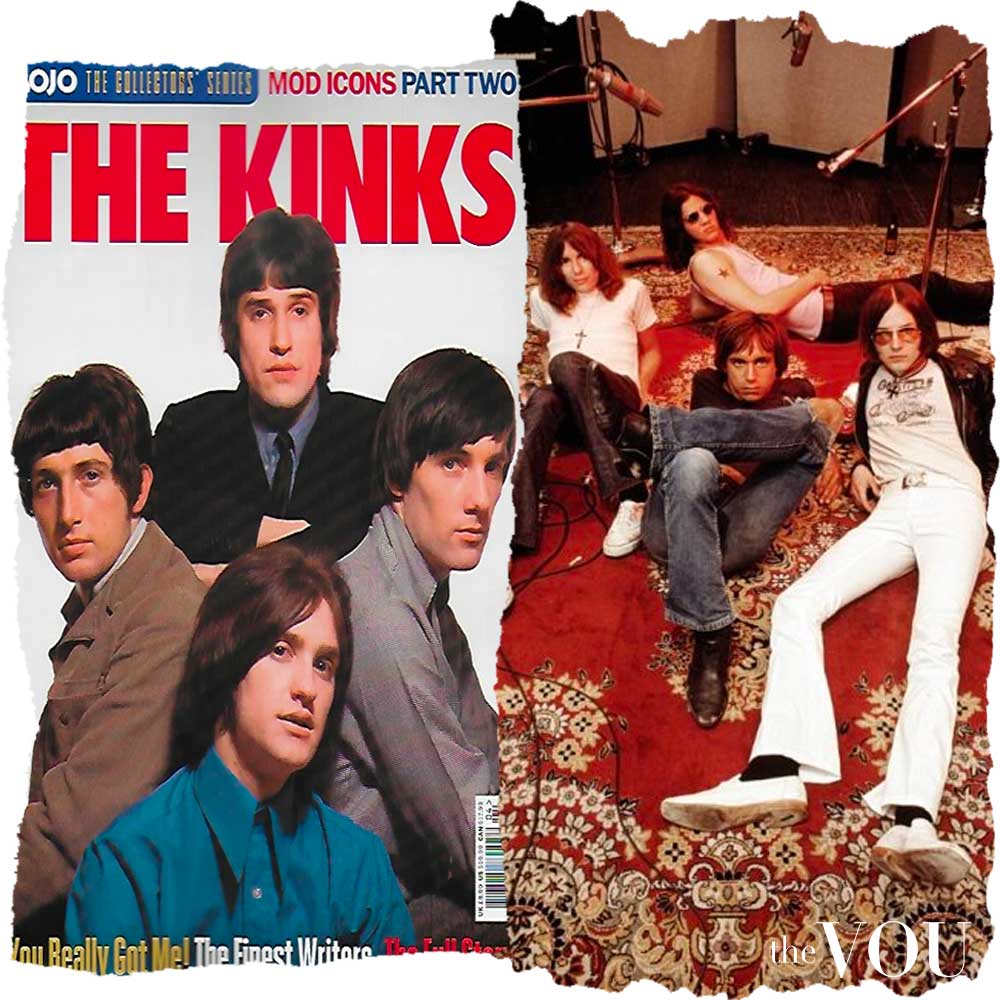 Origin of Punk in the 60s - The Kinks and The Stooges.[/caption]
Origin of Punk in the 60s - The Kinks and The Stooges.[/caption]
By the mid-1970s, the Punk subculture began to gain an identity as expressed through music, a unique aesthetic, and a rebellious fashion style.
Bands like The Clash and the Sex Pistols in the UK stood out from the rock bands of those times with stripped-down sounds and lyrics around insurgency, anarchy, societal critique, and resistance against societal norms and political structures.
The gritty, raw, and unrefined sounds of Punk bands resonated with British youth disillusioned by the rising socio-political issues, unemployment, and economic downturns.
Slowly turning into a cultural movement, the Punk's ethos embodied a spirit of independence and self-reliance showcased in homemade records, clothes, and concert flyers.

